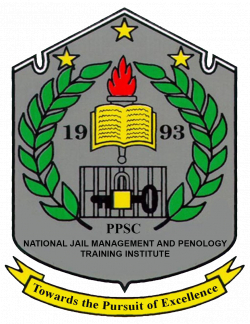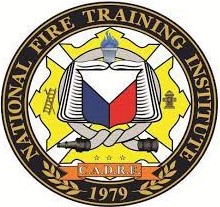ASSESSMENT OF DEPARTMENT OF THE INTERIOR AND LOCAL GOVERNMENT MEMORANDUM CIRCULAR 2019-125 IN SUPPORT OF ENDING LOCAL COMMUNIST ARMED CONFLICT

Type
Thesis
Authors
PLTCOL ELDRED T. AGBAYANI ( PLTCOL JACOB A. DANGPASON PLTCOL ROMULO M. TALAY JR. )
Category
PSOSEC
[ Browse Items ]
Publication Year
2021
Abstract
This study focused on the Department of the Interior and Local Government Memorandum Circular 2019-125 in support if Ending Local Communist Armed Conflict.
In the Province of Kalinga. It specifically investigated how the Memorandum Circular was implemented in terms of: Operating Principle, Policy Content, Implementing Guidelines, and Resources Allocation; what are the challenges encountered by the lead agencies; and, what action plan can be formulated to address the gaps identified the study serves as a valuation document that may serve as guide for the national, provincial and local task forces to improve the implementation of EO 70. Qualitative and quantitative methods were utilized to this end. Results show that stakeholders commended the concept of WNA and embraced the same in their practices. On the 12 clusters/lines of effort, most are assessed as very satisfactorily implemented while International Engagement, Situational Awareness and Knowledge Management, and Legal Cooperation are regarded not applicable in the province. Lead agencies for the latter three clusters are not found in the province. C/MTFs and BTFs are very satisfactorily implemented, and the KPO support the government units and the line agencies. Gaps raised on the implementation include the non-applicability of some clusters in the province, limited resources, distance problems, signal problems and economic problems, and no full synchronization and harmonization of PPAs among lead agencies.
In the Province of Kalinga. It specifically investigated how the Memorandum Circular was implemented in terms of: Operating Principle, Policy Content, Implementing Guidelines, and Resources Allocation; what are the challenges encountered by the lead agencies; and, what action plan can be formulated to address the gaps identified the study serves as a valuation document that may serve as guide for the national, provincial and local task forces to improve the implementation of EO 70. Qualitative and quantitative methods were utilized to this end. Results show that stakeholders commended the concept of WNA and embraced the same in their practices. On the 12 clusters/lines of effort, most are assessed as very satisfactorily implemented while International Engagement, Situational Awareness and Knowledge Management, and Legal Cooperation are regarded not applicable in the province. Lead agencies for the latter three clusters are not found in the province. C/MTFs and BTFs are very satisfactorily implemented, and the KPO support the government units and the line agencies. Gaps raised on the implementation include the non-applicability of some clusters in the province, limited resources, distance problems, signal problems and economic problems, and no full synchronization and harmonization of PPAs among lead agencies.
Number of Copies
1
| Library | Accession No | Call No | Copy No | Edition | Location | Availability |
|---|---|---|---|---|---|---|
| NPC Library | 676905 | 1 | Yes |




